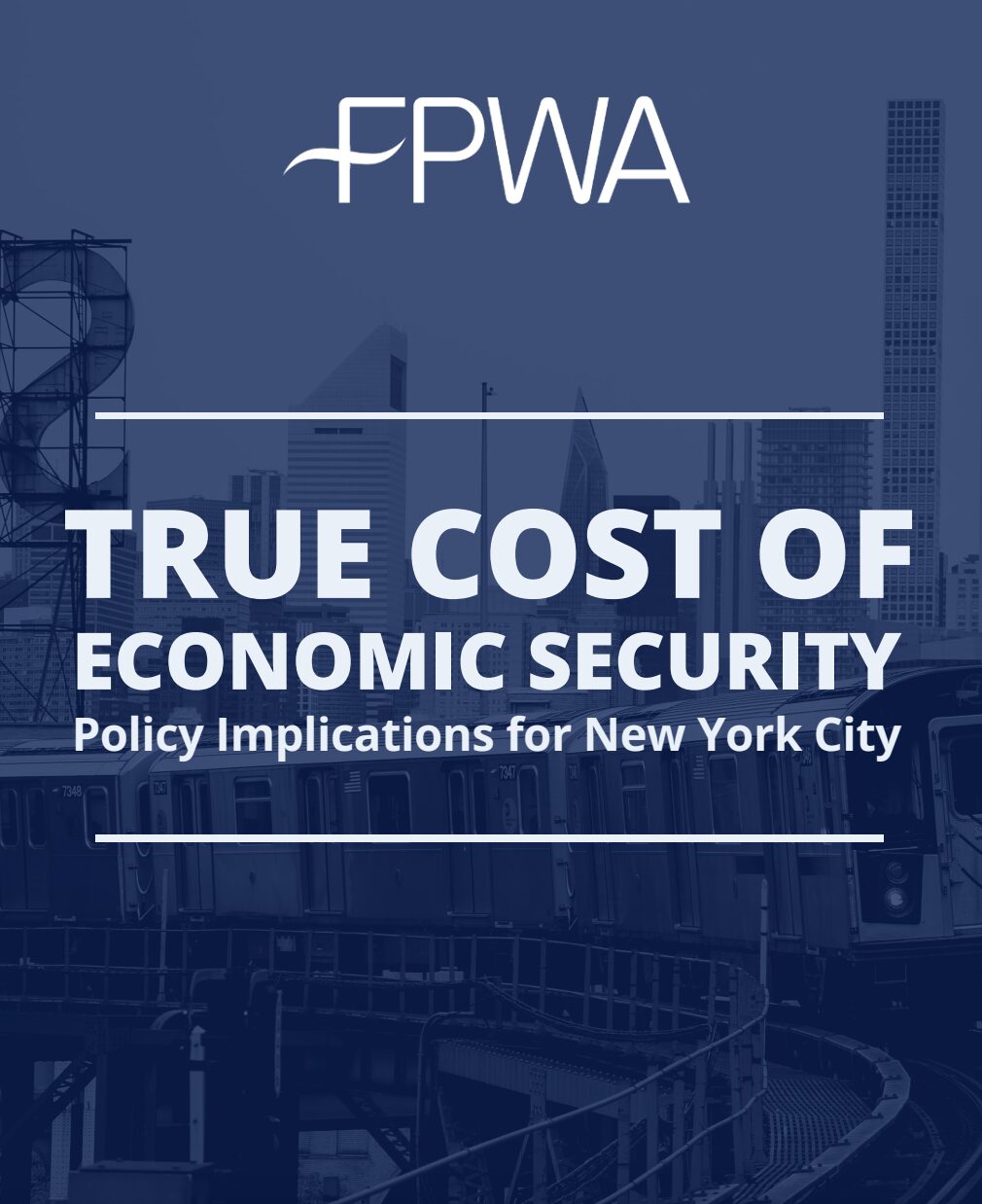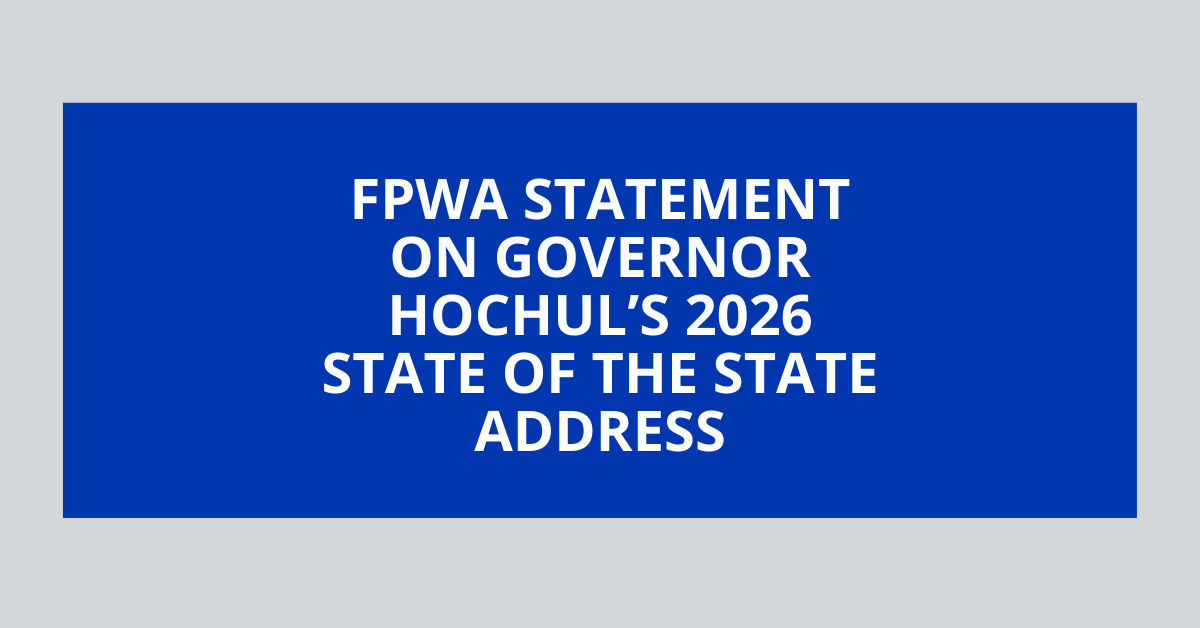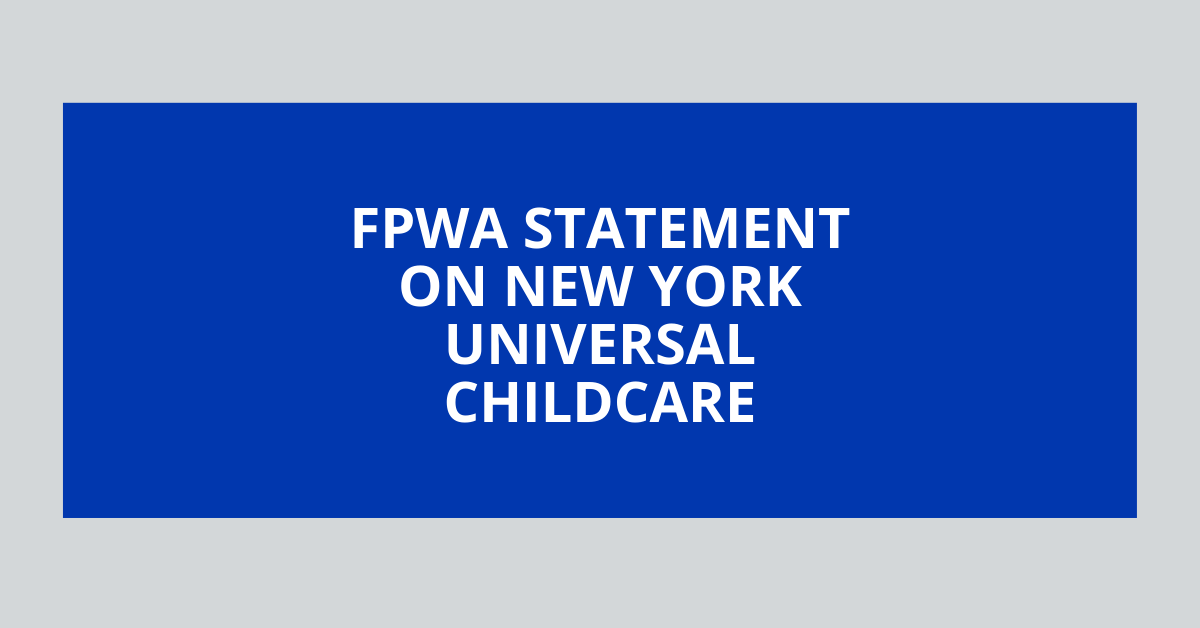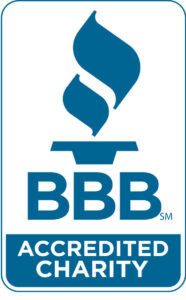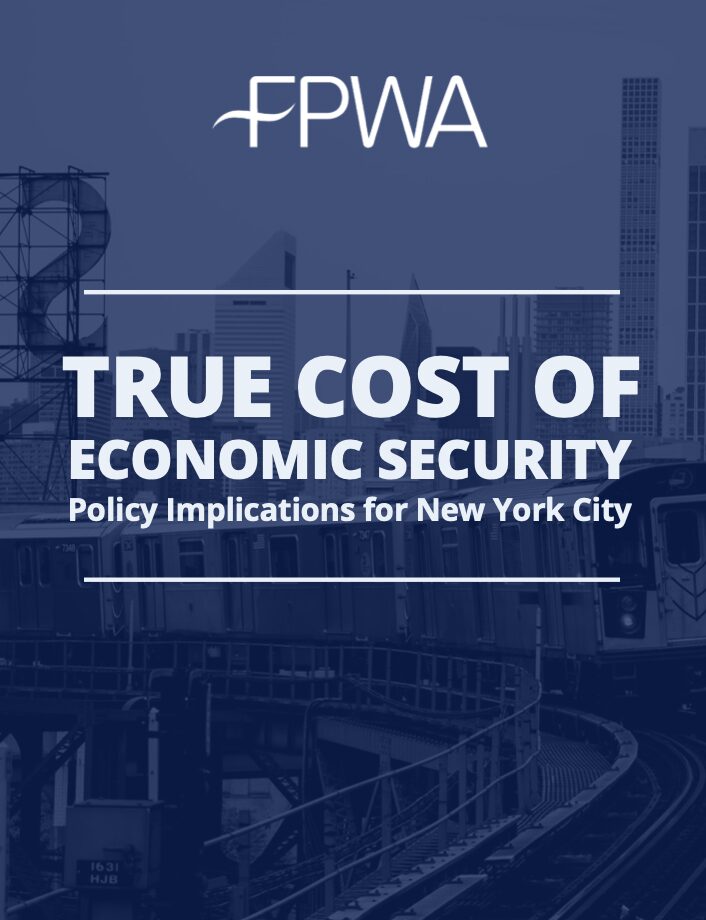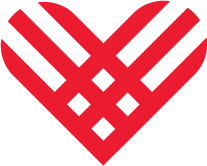For Immediate Release
October 7, 2025
Contact: ataranto@actumllc.com
Landmark Report Finds Nearly Two-Thirds of New Yorkers Classified as Low and Middle Income Can’t Make Ends Meet and Urges City and State to be Guided by Mandated Measure of True Cost of Living Based in Dignity and Economic Security
New York, NY (October 7, 2025) – A new report released today by the Federation of Protestant Welfare Agencies (FPWA) reveals that an overwhelming majority of New Yorkers cannot afford basic living expenses, savings, and debt management, exposing the depth of the city’s affordability crisis. Using the nation’s first True Cost of Economic Security (TCES) measure, FPWA’s analysis finds a staggering 62 percent of New York City residents struggle to get and stay ahead, with rates of economic insecurity soaring to 72 percent among families with children and as high as 88 percent in the Bronx.
The report comes as the current mayoral administration has failed to meet the mandated March 2024 release of a true cost of living measure, leaving policymakers without essential data at a time when federal equity reporting is also being rolled back. FPWA’s report aims to fill this critical gap, providing a borough-by-borough look at how much it actually costs to live securely in New York City, and who is most affected.
Key data from the report include:
- 62 percent of New Yorkers across all races, boroughs, and household types are economically insecure; for families with children, that number rises to 72 percent, and to 91 percent for single-parent households.
- The average New York City household under the TCES threshold falls short by $40,000 annually; for families with children, the gap is more than $50,000.
- Economic insecurity rates are highest in the Bronx (88 percent of families with children); meanwhile in majority-White and high wage Manhattan, half of all households don’t have the resources to thrive.
- Stark racial disparities persist: 78 percent of Latino/a, 68 percent of Black, and 63 percent of Asian American and Pacific Islander households are economically insecure, compared to 43 percent of White households.
- Despite New York City’s minimum wage of $16.50 an hour, individuals need an annual income of at least $71,300 to achieve basic economic security, dwarfing what low- and even moderate-wage workers can expect to earn each year.
- The city’s high housing and childcare costs are principal drivers of insecurity. For the median family with children, housing accounts for 28 percent and childcare another 14 percent of annual resources, nearly double national averages.
The report calls for a comprehensive suite of policy interventions, emphasizing that no single solution will suffice. Among its recommendations are raising wages for low- and middle-income workers, reducing costs for housing and childcare, and revising eligibility thresholds for income supports and public assistance to reflect the true cost of living.
FPWA urges city and state leaders to adhere to the City Charter mandate by looking beyond conventional poverty measures, which significantly undercount those who are struggling financially, and using the TCES as a benchmark for all future economic policy to address the challenges faced by millions of New Yorkers.
“These findings lay bare the scale of New York City’s economic insecurity crisis,” said Jennifer Jones Austin, CEO and Executive Director of FPWA and Co-Chair of the National True Cost of Living Coalition. “Policymakers must act on the real data which make the urgency clear: the pursuit of affordability with economic security as the standard cannot wait, and our city’s future depends on courageous leadership that responds to the needs of those left behind.”
###
The Federation of Protestant Welfare Agencies (FPWA) is a leading anti-poverty, social policy and advocacy organization dedicated to strengthening human services organizations and faith institutions and advancing economic opportunity and justice for New Yorkers with low incomes. Since 1922, FPWA has driven groundbreaking policy reforms to better serve those in need. We work to dismantle the structural and systemic barriers that impede economic security and well-being, and we strengthen the capacity of human services agencies and faith organizations so New Yorkers with lower incomes can thrive and live with dignity.

